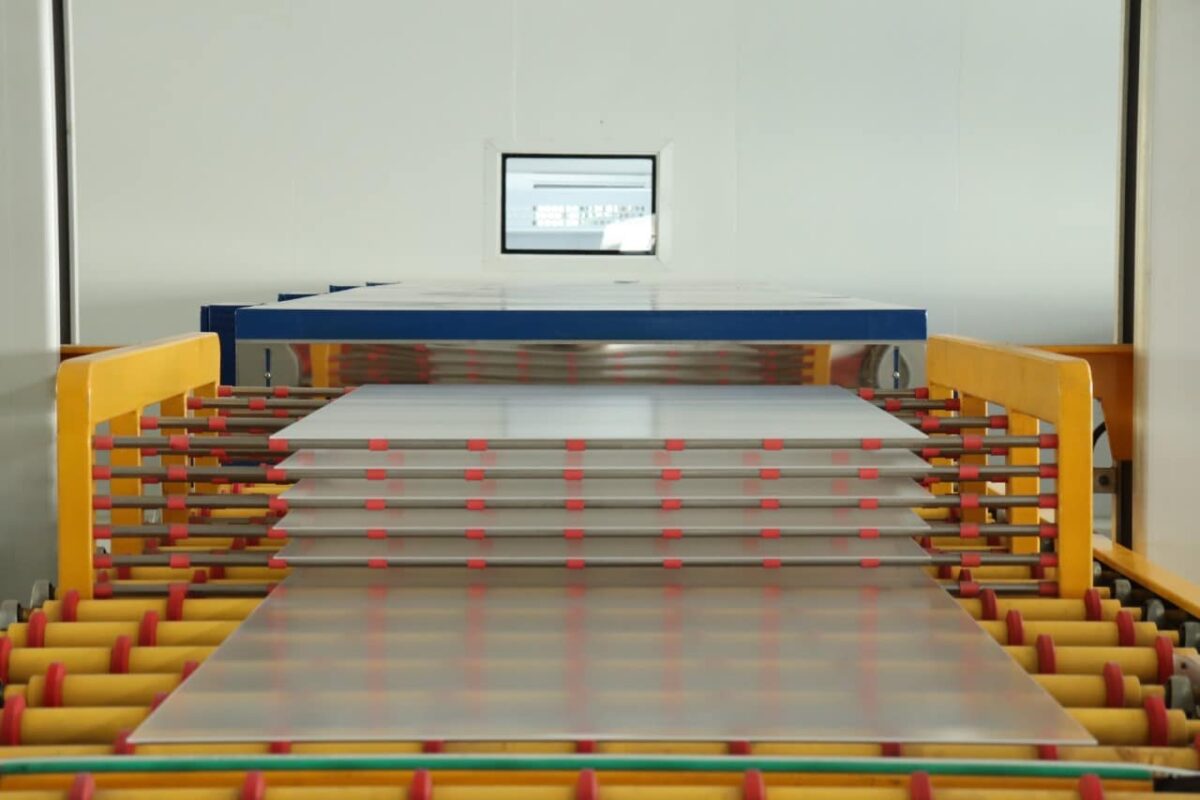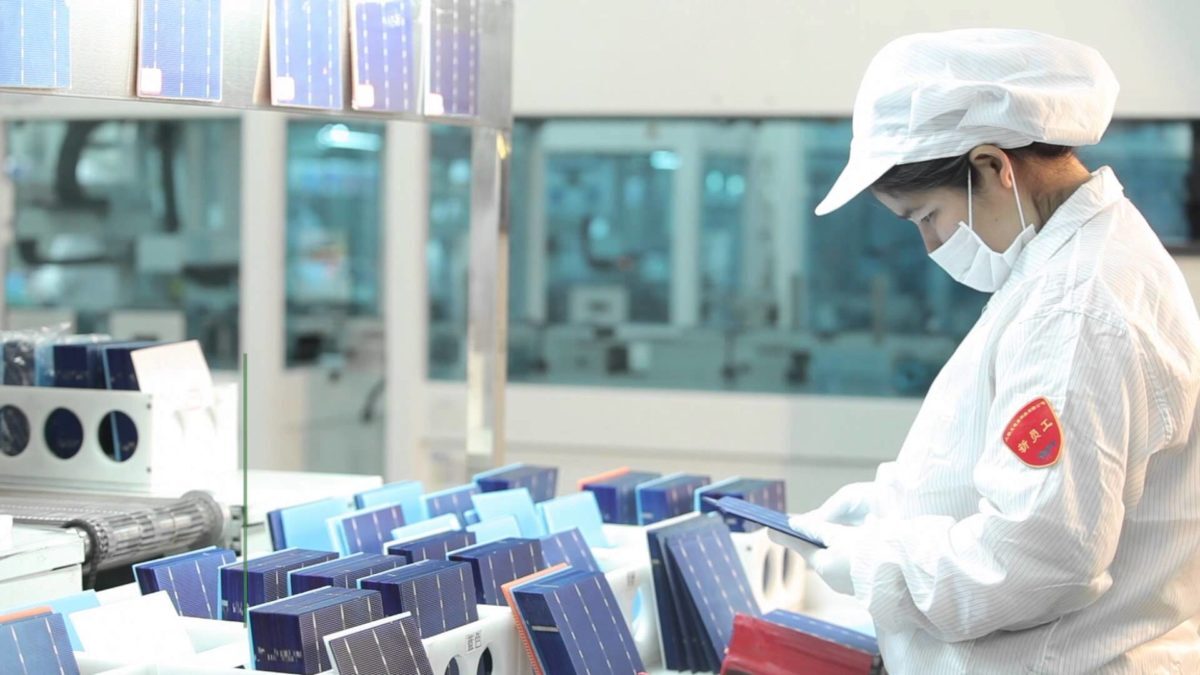From pv magazine India
India has imposed antidumping duties on textured toughened (tempered) glass in solar panels and solar thermal products from China and Vietnam for a period of six months, starting Dec. 4, 2024.
The duties apply to “textured toughened (tempered) glass with a minimum of 90.5% transmission of thickness not exceeding 4.2 mm (including tolerance of 0.2 mm) and where at least one dimension exceeds 1500 mm, whether coated or uncoated.”
Chinese producers Shaanxi Topray Solar, Anhui Flat Solar Glass, Flat Glass Group, Anhui CSG New Energy Material Technology, and Wujiang CSG Glass face the highest duty of $677 per metric ton.
Dongguan CSG Solar Glass and Xinyi Group entities (including Guangxi Xinyi Photovoltaic Industry, Xinyi PV Products (Anhui) Holdings, and Xinyi Solar (Suzhou)) face the lowest duty of $673 per metric ton.
Zhangzhou Kibing Photovoltaic New Energy Technology, Hunan Kibing Solar Technology, and Ningbo Kibing Photovoltaic Technology face a duty of $674 per metric ton.
Vietnamese solar glass will be subject to a duty of $565 per metric ton.
The ruling follows recommendations by the Directorate General of Trade Remedies (DGTR), based on an antidumping investigation. The investigation was launched in response to a complaint by Borosil Renewables on behalf of India’s solar glass manufacturing industry. Borosil Renewables claimed that dumped imports were undermining prices in the domestic industry.
The DGTR said that imports from China and Vietnam, totaling 779,017 metric ton, made up almost 98% of India’s solar glass imports during the investigation period. Imports from China increased from 29,324 metric tons in 2020-21 to 659,732 metric tons during the investigation period.
The DGTR said that the landed value of the imports was consistently lower than the domestic industry’s selling price and cost of sales, limiting the domestic industry’s ability to adjust its pricing.
It also said that domestically produced and imported textured toughened (tempered) glass are comparable in characteristics such as physical attributes, manufacturing processes, functions, specifications, pricing, and tariff classification. These products are commercially and technically interchangeable.
The DGTR stated that the antidumping duties would not affect the availability of glass, as the domestic industry can meet 84% of India’s demand. In addition to Borosil Renewables, four other domestic producers – Gobind Glass & Industries, Triveni Renewables, Vishakha Glass, and Gold Plus Float Glass – started producing solar glass during the investigation period.
This content is protected by copyright and may not be reused. If you want to cooperate with us and would like to reuse some of our content, please contact: editors@pv-magazine.com.




By submitting this form you agree to pv magazine using your data for the purposes of publishing your comment.
Your personal data will only be disclosed or otherwise transmitted to third parties for the purposes of spam filtering or if this is necessary for technical maintenance of the website. Any other transfer to third parties will not take place unless this is justified on the basis of applicable data protection regulations or if pv magazine is legally obliged to do so.
You may revoke this consent at any time with effect for the future, in which case your personal data will be deleted immediately. Otherwise, your data will be deleted if pv magazine has processed your request or the purpose of data storage is fulfilled.
Further information on data privacy can be found in our Data Protection Policy.